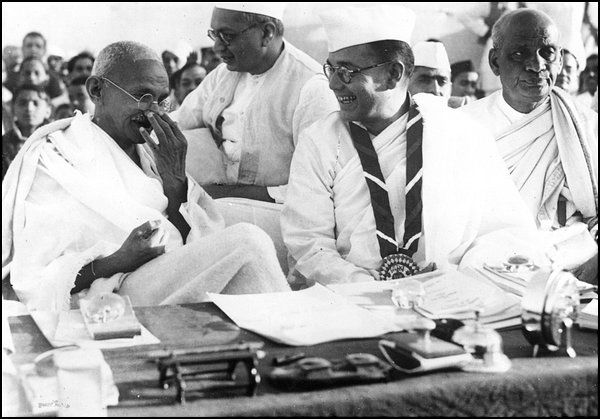
Netaji Subhas Bose's Reported Death
On August 18, 1945, a Japanese news agency reported that Netaji Subhas Chandra Bose died in a plane crash in Taiwan.

Shimla Conference
Starting June 25, 1945, Lord Wavell negotiated with Indian leaders for Indian support to fight to the II World War. In return, he proposed to set up an interim government comprising Indians after the war, which would also draft a new constitution. The negotiations, which went on till July 14, 1945, failed to bring consensus between the Congress and Muslim League

Provisional Govt of Free India
On October 21, 1943, Subhas Chandra Bose founded the Provisional Government of free India. It was recognised by nine world powers including Germany, Italy, Japan and Myanmar. It declared war against Britain and the U.S.A.
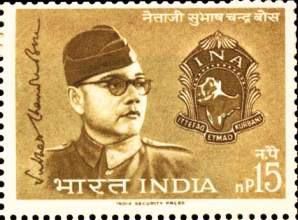
Indian National Army (INA)
February 12 1942, the Indian National Army was formed in South-East Asia to secure Indian independence with Japanese assistance. Led initially by Mohan Singh for a very brief period, Subhas Chandra Bose became the Commander-in-Chief in June 1943.
Quit India Movement
The Quit India movement marked the begining of the last phase of Brtish rule in India. Starting from the August Kranti Maidan, the movement spread like wild-fire through the country, culminating with India's Independence in 1947.
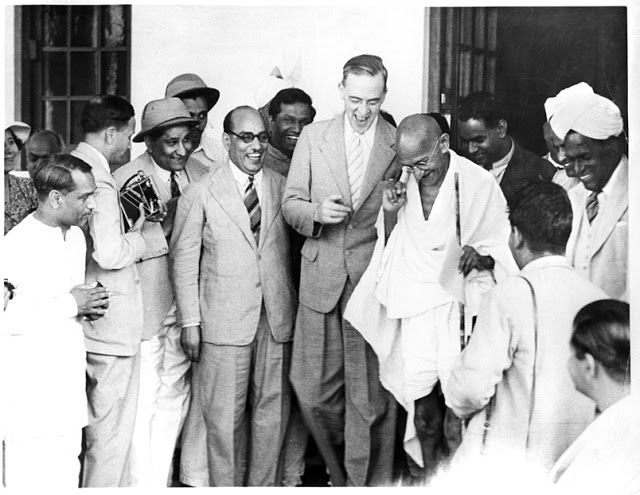
Failure of the Cripps Mission
From March 22, 1942, Sir Stafford Cripps, carried out negotiations with the Congress seeking support from Indians for Britain in World War II. The Congress sought immediate and complete transfer of power. The negotiations, which came to an end on April 11, 1942, failed as the British did not agree to the demand.

Individual Civil Disobedience
October 17 1940, Gandiji launched the individual civil disobedience movement (as distinguished from the mass civil disobedience movement) with Vinoba Bhave as the first individual satyagrahi and Nehru, the second.

Ramgarh Session
The Ramgarh Session was taken up entirely with the crisis brought about by the war and passed only one lengthy resolution on the issue. The Congress protested against the declaration of India as a belligerent country without any reference to the people and stated that the British government was carrying on the war fundamentally for imperialist ends. The party also declared that nothing short of complete independence is acceptable.
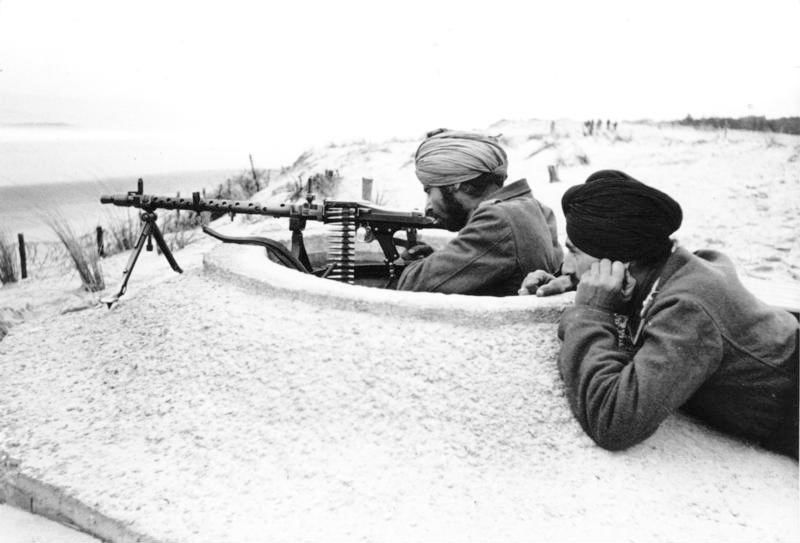
World War II
Congress ministers resigned protesting Governor-General's unilateral declaration of India's participation in World War II, coupled with his non-acceptance of the Congress' pre-conditions for co-operation which included an Indian national government at the centre and a commitment to India's complete independence after the war.

Proclamation of Emergency
Governor-General Lord Linlithgow made a Proclamation of Emergency in India due to commencement of the Second World War, thereby assuming control over provincial governments

Netaji resigns
The Congress met at Tripuri under special circumstances as president Subhas Chandra Bose was very ill and Gandhiji was fasting in Rajkot. As Bose was too ill to preside over some sittings, Maulana Azad conducted proceedings on his behalf. However, differences cropped up between Bose and a section of the Working Committee and the former resigned from his presidentship.

Haripura Session
The fifty-first session of the Congress at Haripura was presided over by Subhash Chandra Bose. Towards the end of the session, there was a contest for who would be the president-elect for the next session between Netaji and Pattabhi Sittaramayya. Bose won with a thumping margin even though Sittaramayya was seen as Gandhiji's nominee.

Congress wins Provincial Elections
In 1937, first elections were held for the provincial legislatures. About 10 to 12 % of the population had the right to vote. The Congress won an absolute majority in 5 out of 11 provinces and formed governments in 7 provinces
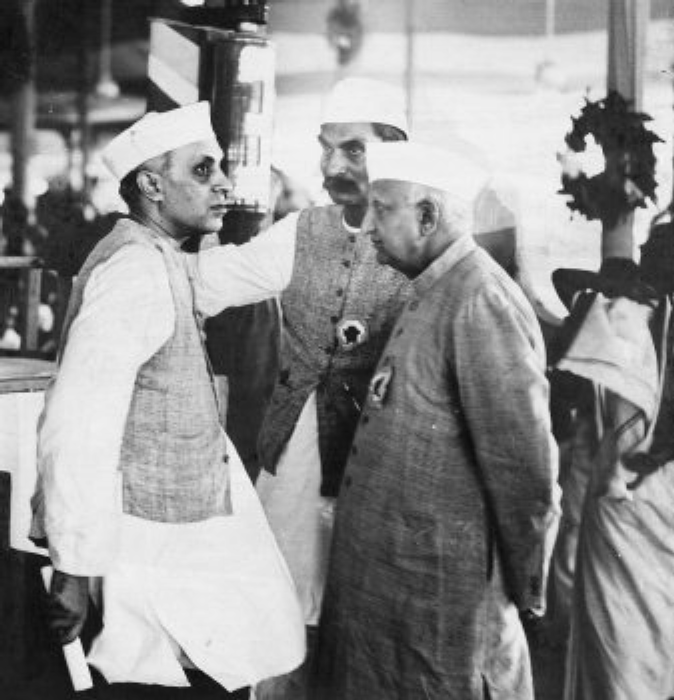
First 'rural' Session
Held at Faizpur near Jalgaon, this was the first Congress Session in a rural area. Pandit Nehru said during his presidential address, 'A vaster and more pressing problem is that of the peasantry, for India is essentially a land of the peasants. In recognition of this fact, and to bring the Congress nearer to the peasant masses, we are meeting here today at the village of Faizpur and not, as of old, in some great city'.

Lucknow Session, 1936
Lashing out at the British during his presidential address at the Lucknow Session, Pandit Nehru said 'Meanwhile, the decay of British Imperialism in India becomes ever more apparent. It cannot by its very nature solve our economic problems and rid us of our terrible poverty, which it has largely itself created. It subsists on a normal fare of the fiercest repression and a denial of civil and even personal liberty







